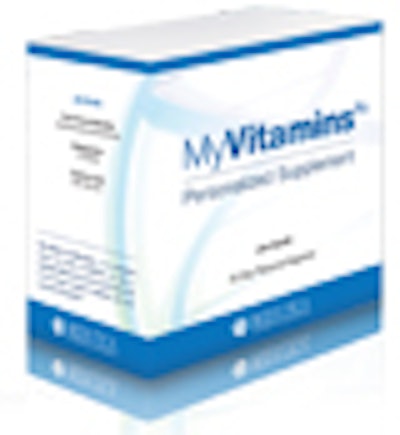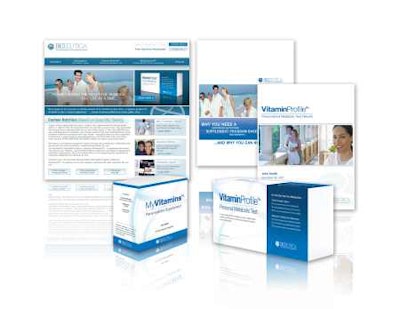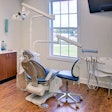
As patients prescribe more and more nutritional supplements for themselves, some dentists see an opportunity. "You can improve the health and well-being of your patients and increase your revenue substantially," says Alphonse Matrone, D.M.D., a Scranton, PA., dentist.
Dr. Matrone sells his patients subscriptions to "customized" nutraceutical packages provided by Bioceutica of Newbury, MA. Dentists who sell subscriptions get a cut of at least $12 out of the $69.95 that each patient pays per month.
In addition, packages can be printed with the dentist's name and contact information. "Talk about free advertising!" says Dr. Matrone.
The nutraceuticals are "customized," because patients submit urine samples, which Bioceutica has analyzed by Metametrix Clinical Laboratory, to determine which of the company's 48 formulas is right for that patient. Most people can benefit from Bioceutica's wares, because they aren't eating healthy foods, Dr. Matrone argues. "We need something, because we're not getting it in our diet, that's for sure."
 |
| Dentists can have their names and contact information printed on packages like these. |
But does the company's urinalysis provide enough information to prescribe the right supplements? When Dr. Matrone made his case at the Yankee Dental Congress 33 recently held in Boston, some dentists in the audience worried that patients might get the wrong nutrients. Others suggested that Dr. Matrone's presentation was biased because he gets paid by Bioceutica for selling the supplements. One called the presentation "an infomercial."
Interviewed separately, Jessica A. Alexander, a University of Texas, San Antonio clinical anesthesiologist who devotes most of her time to studying nutraceuticals, also expressed skepticism. "You can take the pH of someone's urine and make all sorts of statements," she says.
Bioceutica doesn't actually rely on pH, David Macallen, N.D., director of clinical operations, told DrBicuspid.com. Instead the company (which also markets its nutraceuticals directly to consumers under the name Ideal Health) measures lipid peroxides to determine antioxidant needs, sulfates to reveal liver functioning, and nitrates to examine immune functioning. These measurements are combined with age, weight, and sex to determine which formula to prescribe.
The formulas are made up mostly of vitamins and minerals, with an occasional herb, such as milk thistle, says Dr. Macallen. Although the vitamins and minerals typically exceed U.S. recommended daily allowances (sometimes by more than 10 fold), "we don't megadose," Dr. Macallen says.
If patients have any concerns, he recommends they show the formulas to their primary physician or a pharmacist and ask "is there any reason I shouldn't take this?"
Dentists should make sure their patients ask such questions, says Dr. Alexander. "They should be coordinating with the patients' primary care physicians," he says. "The number of potential drug interactions is staggeringly high."
Underlying disease conditions can pose problems as well, argued one member of Dr. Matrone's Yankee Dental Congress audience. He pointed out, for example, that some patients with thalassemia might be endangered if they took a supplement with too much iron.
Dr. Matrone responded that the Bioceutica formulas were at least better than what patients find for themselves. "It's a lot better than just buying a multivitamin package off the shelf of a health food store," says Dr. Matrone. "Our patients are already [taking supplements] on their own, and they have no idea what they're doing."
And there's a lot of money to be made. The more patients you sign up, the more the company pays you. For example, a dentist who sells subscriptions to 500 patients could bring in $114,000 a year, says Matrone.
But so far, he told DrBicuspid.com, he has only sold "30 to 50" of his own patients on the program.


















